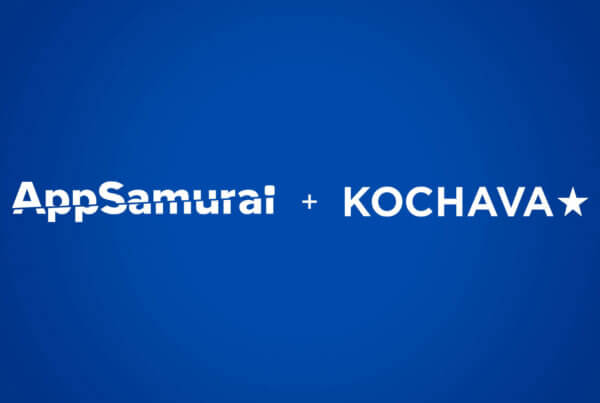Minimal impacts to Kochava and what marketers need to know
On January 4, Google began rolling out third-party cookie deprecation by default for 1% of Chrome users. For perspective, Chrome commands a 63% global web browser market share, with some 3.2 billion users(1). According to Google’s announcement, this action is being implemented to facilitate testing ahead of a full roll-out in Q3 2024, when the change will be in effect for 100% of Chrome users.
Other browsers, including Apple’s Safari and Mozilla’s Firefox, have already introduced privacy-driven initiatives that limit the use and application of third-party cookies; however, complete deprecation still remained on a distant horizon. That’s changing here in 2024.

What Advertisers Will Miss
Third-party cookies have longstanding uses in web and mobile advertising, empowering performance-driven digital advertising for many years. They have been vital for a variety of marketing functions, from cross-site tracking to targeting and measurement.
Advertisers have relied on cookies to build user profiles based on site visitation and content viewing across the internet. By leveraging cookies through adtech platforms, they could identify audiences to serve targeted ads, a practice commonly known as behavioral advertising.
Additionally, third-party cookies enabled advertisers to measure metrics such as click-through rates, conversions, and attribution across devices and sites, providing visibility into how users interacted with ads across the customer journey. This helped optimize campaigns for higher return on investment.
Publishers leveraged third-party cookies to serve interest-based ads on their sites, retarget prior visitors, and measure ad engagement, using the data to maximize yield from their ad revenue.
In recent years, increasing privacy legislation and browser restrictions have limited the capabilities of third-party cookies. As the industry transitions, alternative privacy-focused solutions are emerging for audience targeting, personalization, and measurement.
How do these changes affect the measurement and attribution solutions provided by Kochava?
Kochava and Third-Party Cookie Deprecation
The attribution methodologies employed by Kochava for its measurement solutions do not rely on third-party cookies. To perform attribution of conversion outcomes back to ad campaigns, Kochava leverages the following:
- Device identifiers—gathered with user consent and in compliance with applicable policies of the respective device operating systems (OS)
- Authenticated partner attribution APIs—common with self-attributing networks to support deterministic and/or modeled conversion attribution
- Install referrer solutions—available across a variety of app stores (Google Play, Samsung, Huawei) and certain publishers (Meta)
- Privacy-first measurement frameworks—SKAdNetwork on iOS; upcoming Privacy Sandbox on Android
- Probabilistic and/or contextual device metadata—configurable by the end advertiser based on chosen privacy settings across platforms, devices, and partners
- Third-party identity graphs—via partnerships with Blockgraph and other third-party identity/household graph providers
- Aggregated, market-level data—leveraged as a privacy-first input for marketing mix modeling (MMM) solutions such as AIM by Kochava
While Kochava attribution functionality is not affected, it’s important to understand the impact on your mobile web-based campaigns. We recommend communicating with the ad networks, demand-side platforms, and/or super publishers you run mobile web-based campaigns with to understand how their ad targeting, retargeting, and/or optimization capabilities may be impacted.
Kochava Web SDK and Cross-Domain Tracking
Kochava does provide a JavaScript-based web software development kit (SDK) that enables clients to capture page visits and other activity across their web properties plus certain connected TV platforms that run on HTML. See related support documentation here. This web SDK currently supports cross-domain tracking, which does rely on third-party cookies. This specific web SDK capability will cease to function once third-party cookie deprecation is complete.
Stay Updated
Subscribe to our newsletter for ongoing updates on industry developments. For specific questions about your Kochava account, please contact your client success manager or email Support@Kochava.com for any specific questions.



